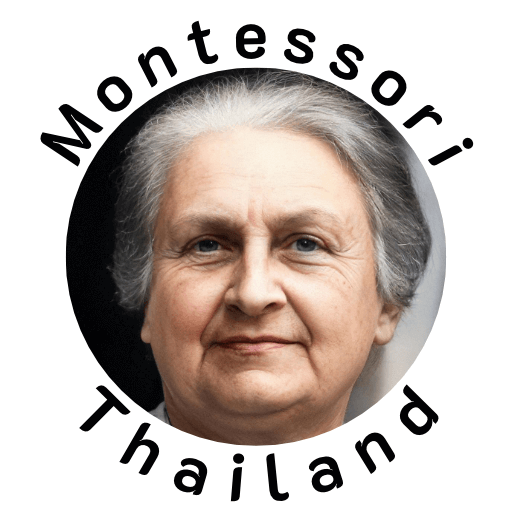In Montessori education, Independence is a fundamental principle that aims to foster not just self-reliance, but also a range of competencies and self-regulatory skills in children.[1] Normal developmental milestones such as weaning, walking, talking, etc., are viewed as a series of events that enable the child to achieve increased individuation, autonomy, and self-regulation. Throughout the four planes of development, the child and young adult continually seek to become more independent, echoing the sentiment, “Help me to help myself.”
Contents
- 1Montessori Quotes
- 2Research and Critiques
- 3Comparisons to Other Methods
- 4See Also
- 5Glossary of Montessori Terms
- 6Please help to translate this page into your local language
- 7References
Montessori Quotes
- “The child’s development follows a path of successive stages of independence, and our knowledge of this must guide us in our behaviour towards him. We have to help the child to act, will and think for himself.”[2]
- “One test of the correctness of educational procedure is the happiness of the child.”[3]
